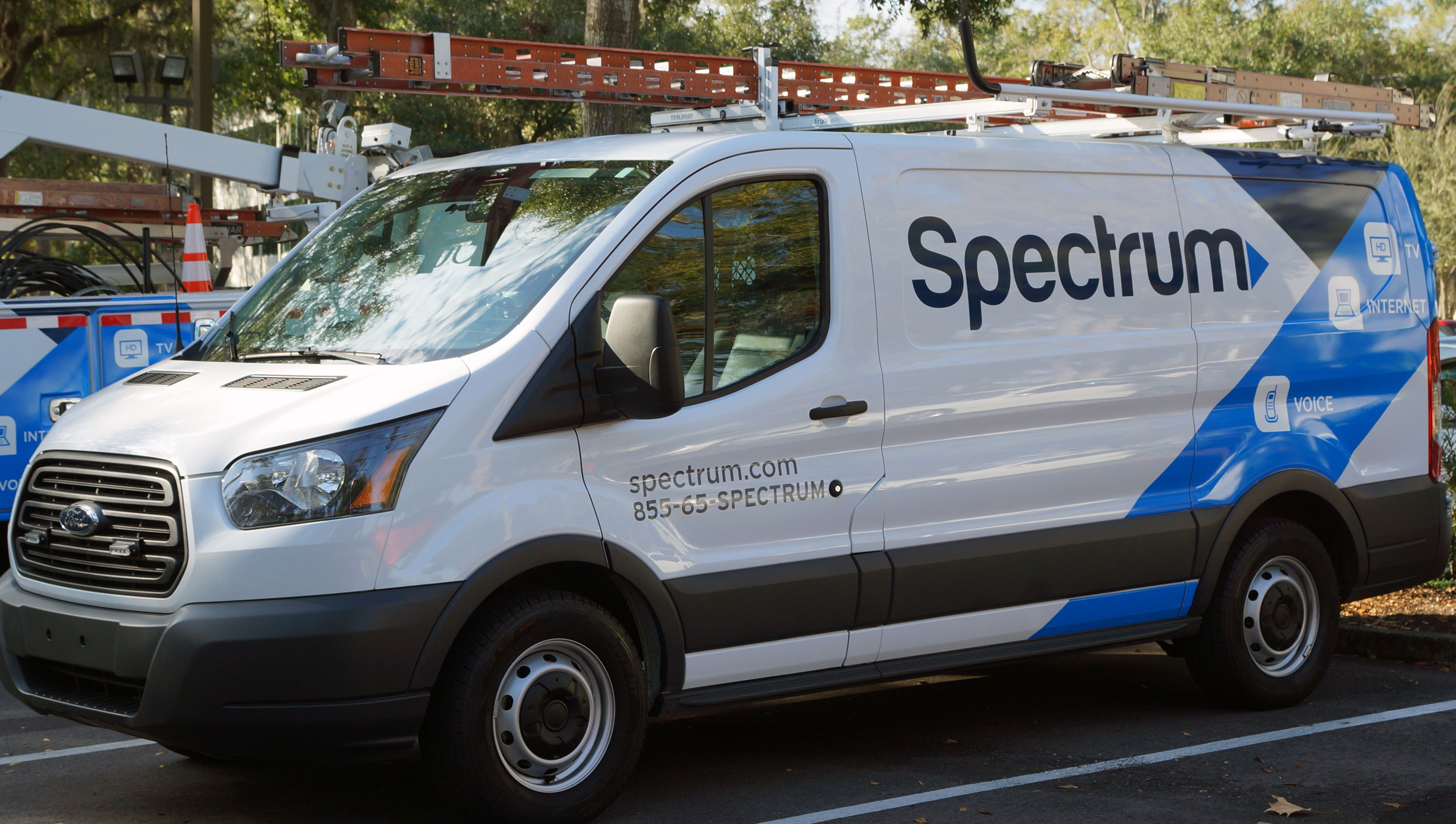Charter Exit From TWC Conditions Threatens Streaming, INCOMPAS Says
Group claims carrier has not made the case for an early end to data cap and interconnection pledges

The smarter way to stay on top of the streaming and OTT industry. Sign up below.
You are now subscribed
Your newsletter sign-up was successful
Trade association INCOMPAS said that if the FCC does not hold Charter to its 'critical' Time Warner Cable merger conditions on data caps and interconnection, it could threaten the video streaming "revolution."
Charter last month asked the FCC to terminate the seven-year interconnection condition on its 2016 deal to acquire Time Warner Cable and Bright House Networks on May 18, 2021, two years early — in light of the ”dramatic“ changes in the online video marketplace. Charter also wants a similar early exit from its ”no data caps or usage-based pricing“ condition.
The Internet Competitive Networks Association (INCOMPAS), which represents competitive networks and edge providers, has petitioned the FCC to deny that request. It says that despite Charter's "dramatic changes" claim, "Charter has gained more market power since the merger four years ago, and there is insufficient broadband competition to discipline
Charter’s behavior."
INCOMPAS said the FCC should not consider Charter's request without first requesting input on the state of the marketplace and doing a new economic analysis replicating the one that preceded the merger order and conditions.
As to the impact of lifting the condition on the streaming marketplace, INCOMPAS said that while Charter asserts that the "expanding OVD market shows that any interconnection fees forced ["forced" is INCOMPAS' term] on OVDs by the handful of very large ISPs are benign," the association said that "the fact that the OVD market has increased and become more competitive may be in significant part because Charter is currently prohibited from imposing access fees on OVDs.
And while Charter points out that other broadband providers have been free to negotiate payment for interconnections and the streaming market has still been expanding at a rapid pace, "one likely reason that OVDs have been successful in bringing greater competition to the video marketplace is that they have been able to deliver these innovative services via broadband connections with interconnection conditions on the Charter-TWC merger and the AT&T-DirecTV merger, and interconnection arrangements that were negotiated during the net neutrality regime," it said.
The smarter way to stay on top of the streaming and OTT industry. Sign up below.
Contributing editor John Eggerton has been an editor and/or writer on media regulation, legislation and policy for over four decades, including covering the FCC, FTC, Congress, the major media trade associations, and the federal courts. In addition to Multichannel News and Broadcasting + Cable, his work has appeared in Radio World, TV Technology, TV Fax, This Week in Consumer Electronics, Variety and the Encyclopedia Britannica.

